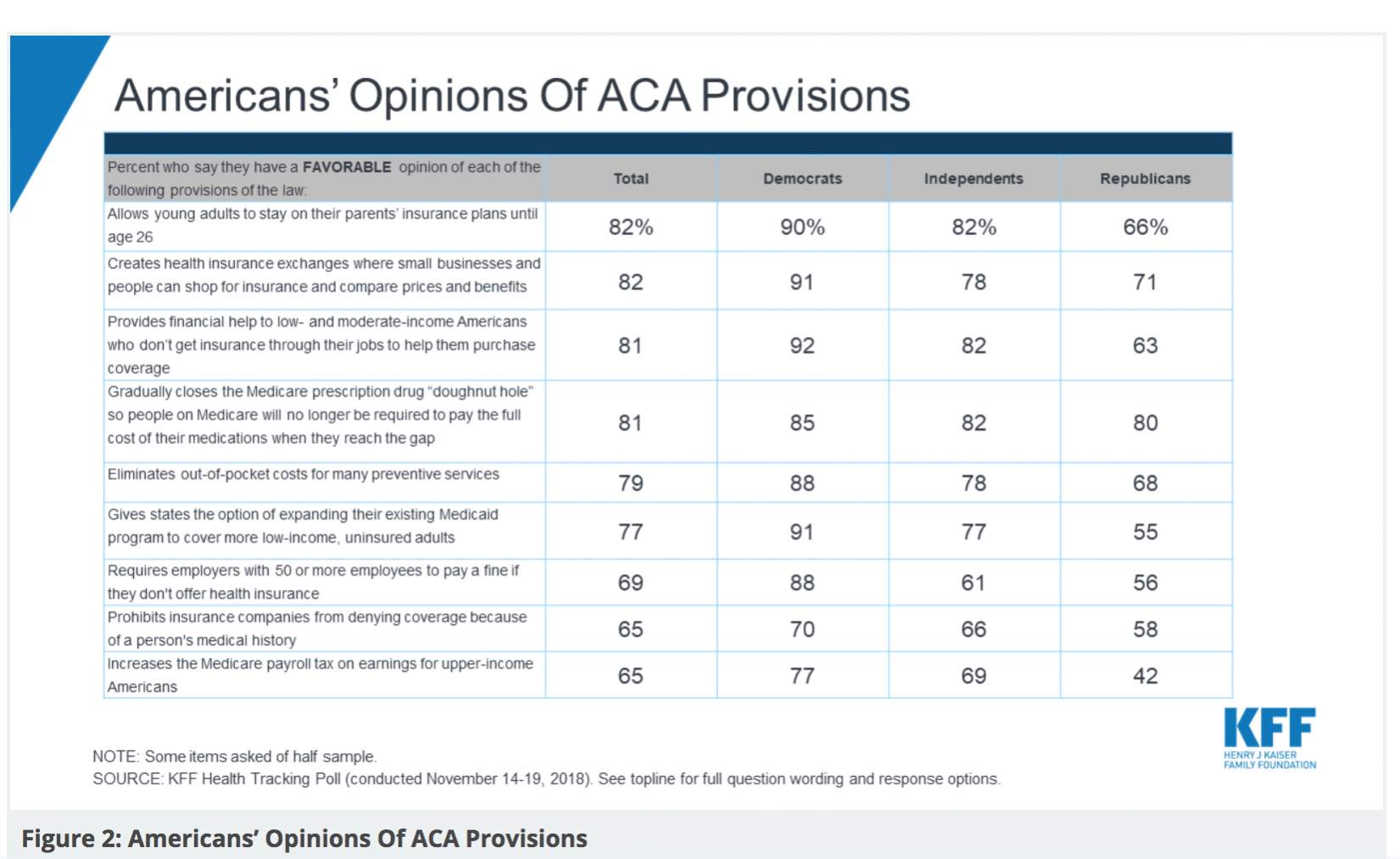Advocates of the Iran nuclear deal have made four arguments the centerpiece of their defense. (Ok, there are more but this touches on the important points.)
First, the deal, even if it was flawed, worked: it may not have addressed every issue, for example, Iran’s missile program, or Iran’s projection of power in the region, and the sunset clauses made numerous constraints on the Iran nuclear deal temporary. But it still resulted in rolling back Iran’s ability to refine uranium substantially, and its measures to monitor and stop Iran from resuming its program appeared to be effective.
Second, the argument was made that the deal was only intended to address the nuclear issue. While defenders of the deal acknowledged Iran’s adventurism and its sponsorship of terror, and its human rights abuses were serious issues, they argued that the nuclear issue was a threat on an entirely scale, which made it worth addressing even if it meant neglecting other issues about Iran.
Third, it’s true that the sunset clauses expire in 10-15 years from the signing of the deal, but at the very least that means we defer the problem of a nuclear Iran a number of years. We may have to go to war eventually in order to stop Iran from developing nuclear weapons, but at least we don’t have to do it now, and in 10-15 years the situation may be significantly better (more about that later).
Fourth, the only alternative to the deal is war.
Okay, so you can already anticipate how I’ll present a lot of the criticisms of the deal, because many of them are actually conceded by the advocates: the fact that the deal only addresses the nuclear problem makes it inadequate, because Iran’s foreign interventions and its missile program are serious and pressing issues. There are also arguments about what aspects of the nuclear program are ”sunseted”, and how some of the clauses legitimize Iran’s nuclear program and enable it to start refining uranium that approaches weapons grade in the relatively short term, but I won’t get to that. But I should point out now that we should acknowledge right off the bat that we’re talking about a situation in which there is no perfect solution. Trump’s approach to Iran also downsides too.
Still, I think that Trump’s approach may actually be better and less naive and more rooted in reality than Obama’s. Here’s a key flaw in the Obama admin’s approach (and a blind spot in their argumentation). While the Obama admin claimed that the deal was only intended to address the nuclear issue, that is in fact a misrepresentation of the deal. That’s because while the admin primarily received from Iran concessions on its nuclear program, Iran received all sorts of financial benefits, most importantly the prospect of investment from European countries that, leading up to the deal, had been sanctioning Iran to gain leverage in negotiations.
The issue here of course is that the big infusion of wealth into Iran has effects beyond their nuclear program. And, that too was actually an argument that the Obama admin made: the idea was that if you integrate Iran more into the international economy, Iran’s citizens will see the value of acting like a “normal country”, and they will eventually elect more moderate political leaders. Furthermore, making European countries stakeholders in Iran will further incentivize Iran to moderate, because of it doesn’t it’ll lose access to European capital.
But here’s the thing: the Obama administration’s bet wasn’t paying off. In fact, what we did see was that Iran had been increasing its defense spending significantly in the years following the JCPOA, and that Iran had only expanded its influence through its proxies throughout the Middle East.
And this is the big reason why Saudi and Israel don’t like the deal: defenders of the deal say that in 10-15 years when the sunset clauses expire, we’ll be in the exact same situation we would be in now without the deal. The Saudis and the Israelis say, no, that’s not true. The key difference is that 10 to 15 years of European countries pouring money into Iran will have passed. And with Europeans having invested so much money in Iran, the Europeans and the US will be even more disinclined to address the nuclear issue through military means than they are now, and so they’ll try to find a half-measure diplomatic solution that only empowers Iran more.
So that touches on the key difference between the Obama approach and the Trump approach. The Obama approach sought to mitigate short-term risk while accepting greater long-term risk, placing a bet that in the long-term the risks would go away. The Trump approach accepts more short-term risk in order to prevent long-term negative outcomes, which with the additional hindsight of the intervening years since the deal was signed, seem increasingly problematic. And I think that those short-term risks actually aren’t as risky as many people are claiming.

![https://i.redd.it/64jkoplunmv21.png [https://i.redd.it/64jkoplunmv21.png]](https://i.redd.it/64jkoplunmv21.png)

![https://i.redd.it/xppf9amk9tmz.jpg [https://i.redd.it/xppf9amk9tmz.jpg]](https://i.redd.it/xppf9amk9tmz.jpg)